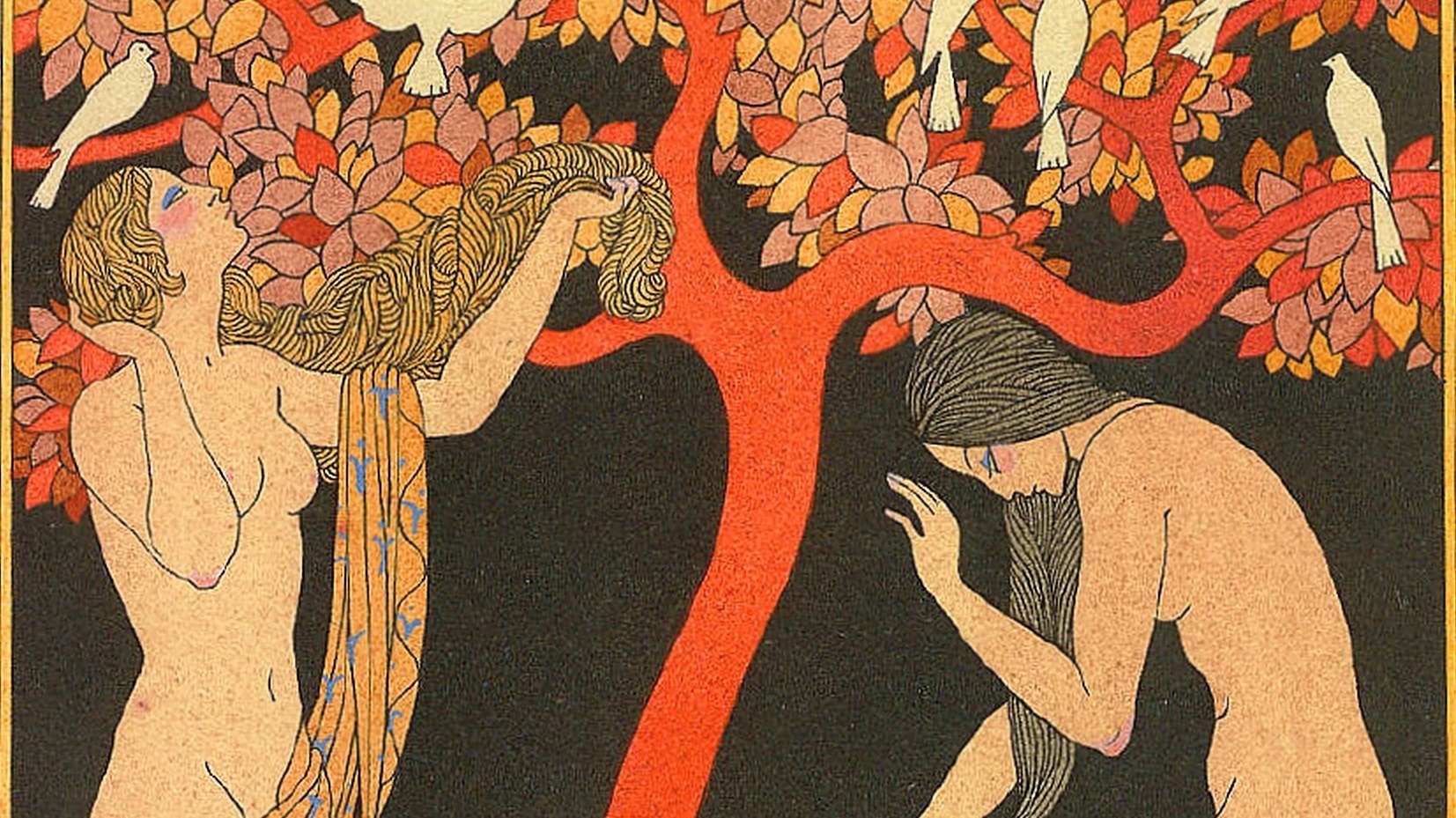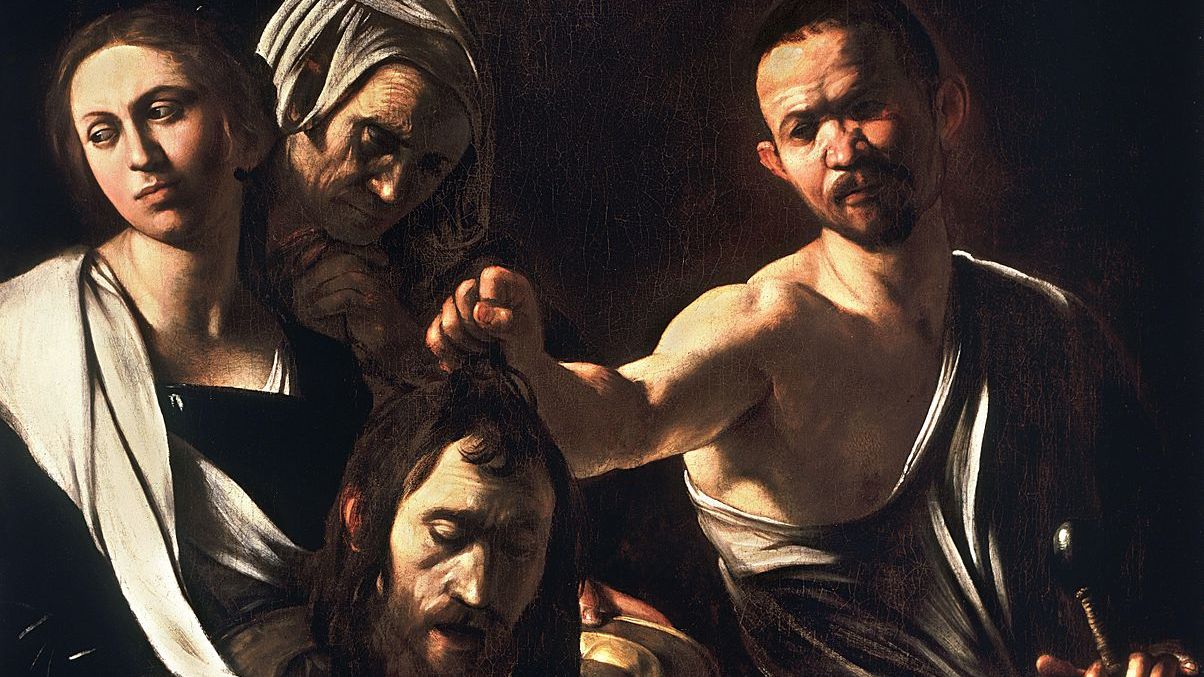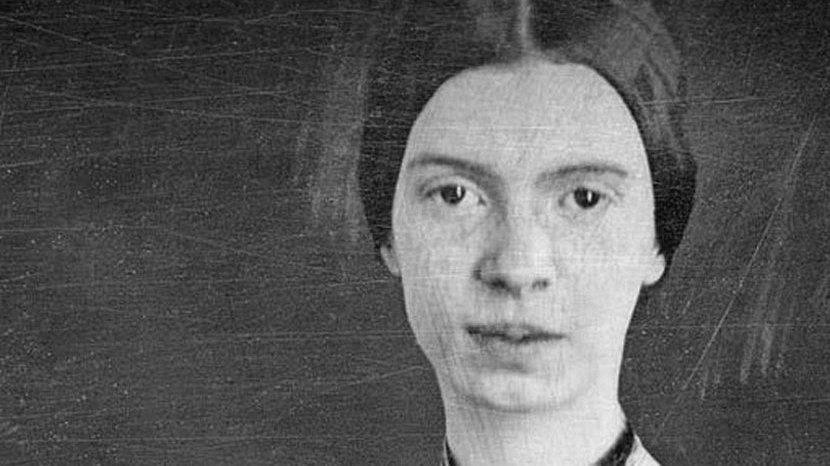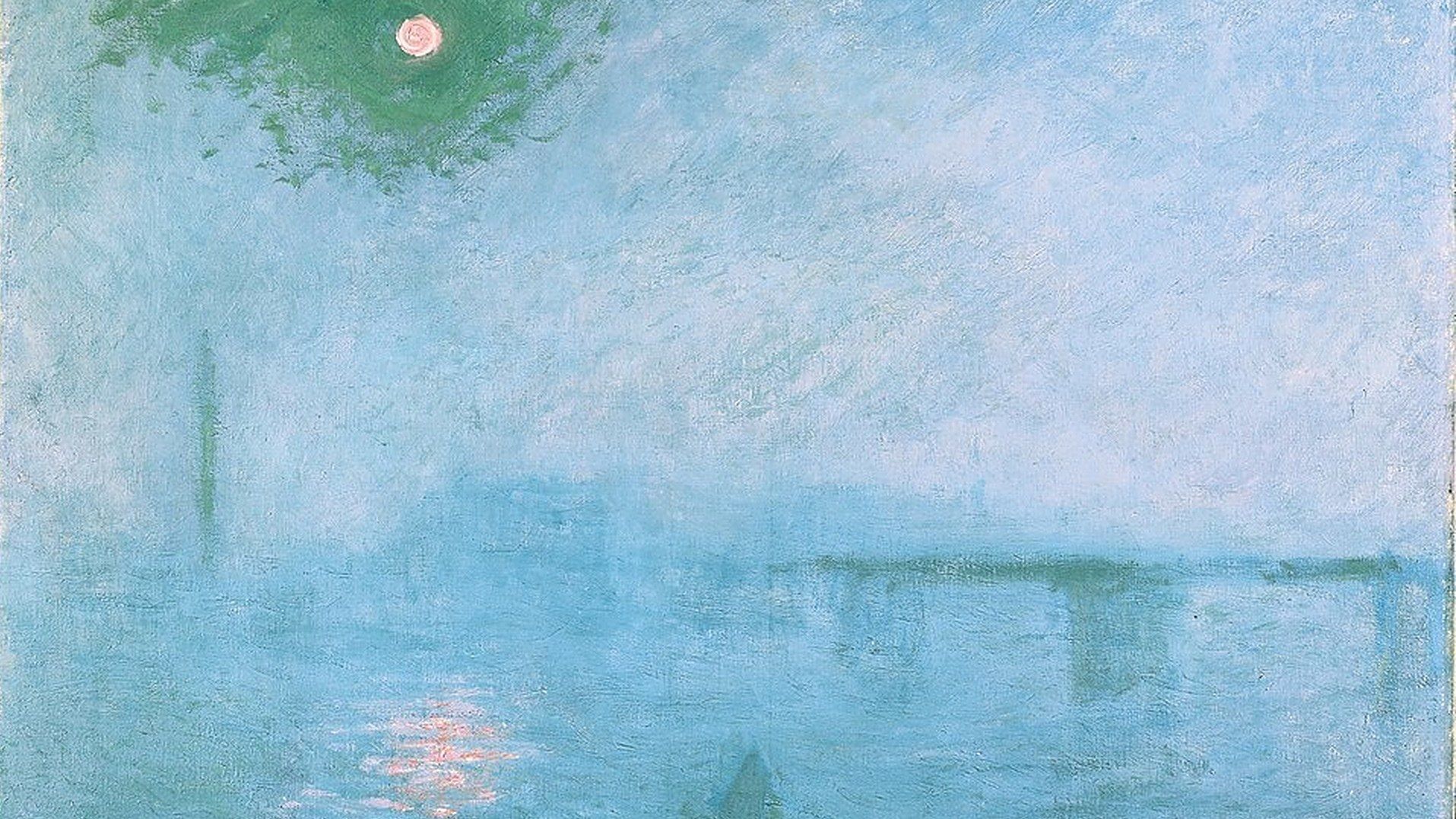Debussy’s Trois Chansons de Bilitis: Illusions of Antiquity
In 1894, the French writer, Pierre Louÿs, published a series of erotic poems titled, Les Chansons de Bilitis. Louÿs, who sought to “express pagan sensuality with stylistic perfection,” attributed the poems to Bilitis, an Ancient Greek woman who was a contemporary of Sappho. In the introduction of the book, Louÿs claimed that he had translated the collection following its discovery on the walls of a tomb in Cypress. In fact, Pierre Louÿs had …







